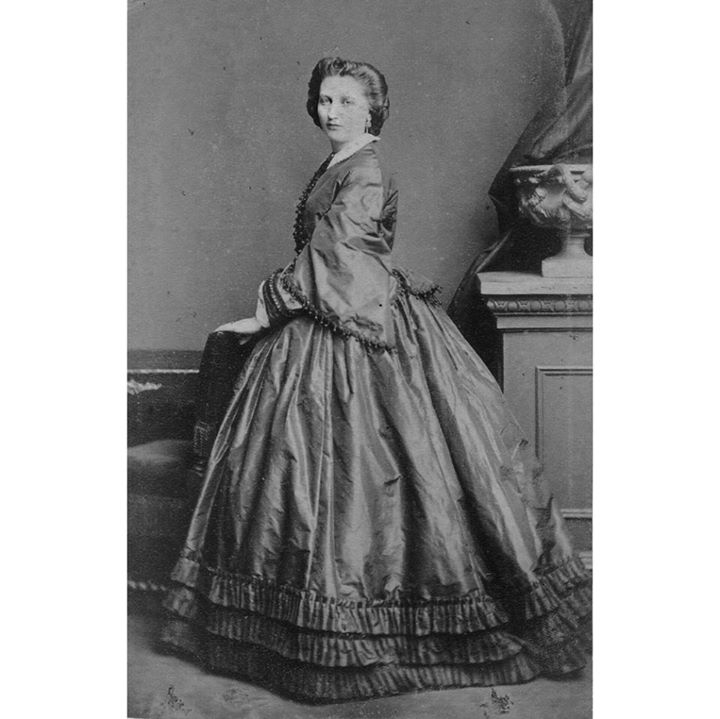As many beautifully-snarky people have pointed out in recent years, it’s getting harder and harder to be White, male, heterosexual, and/or cisgender in this country these days without having to occasionally think about one or more of these identities in ways that might make us uncomfortable. (Full disclosure: I am all of those things listed in the previous sentence.) I have the utmost faith that we can handle it, though, and that we will emerge better for it.
I only recently (i.e. in the past 4-5 years) came to understand the extent to which I do not have to consider how my race, sex, sexual orientation, gender identity, etc. affect my daily life. Other people do not have that luxury.
I’m not talking about any great epiphany that I had. Really, the most important thing that I have come to understand and accept is this: with respect to people whose lives are not like mine, I don’t understand their daily reality, and I will never fully understand. To put it another way, I get that I don’t get it.
I’ve had numerous discussions on social media and in real life (yes, IRL conversations do still happen, even with people who live glued to a computer like me) recently about how to recognize and understand our various forms of privilege, and how it can be difficult because of the way our society tends to view most of my attributes (White, male, etc.) as the “default” setting.
As a sort of confession, I used to be of the mindset that racism, sexism, etc. were not my fault, because I never owned slaves, I hadn’t even been born when Mad Men took place, and so on. It’s a seductive view for someone who wants to be on the right side of history while keeping a perfectly clear conscience, but it’s not true. Continue reading



